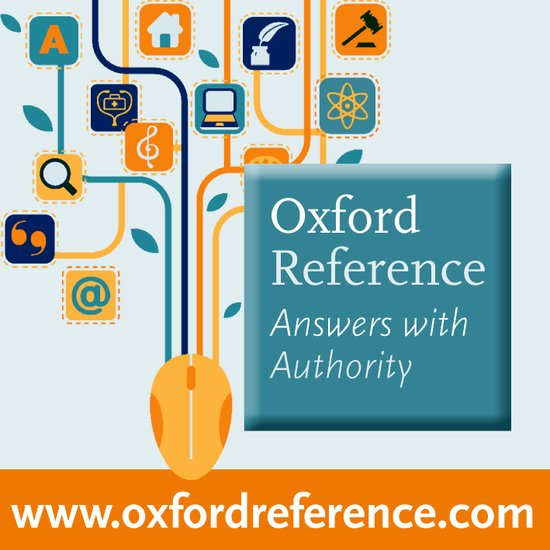
By Robert Faber
Students, academics, and general readers around the world regularly look up a definition, check a fact, or read about an unfamiliar topic as a springboard to further research. How people find and use such information has changed enormously during the past 20 years. But looking at the growing use of our online products, we know that many still choose to reach beyond first impressions on the web to delve further in a reference work from Oxford. Why is it still so important to do so?
We tend to assume that ‘information overload’ is a modern problem. But the need to find reliable summaries of topics quickly in a messy and confusing world of knowledge has been with us a long time. As Richard Yeo’s entry for ‘encyclopedia’ in The Oxford Companion to the Book tells us:
Ephraim Chambers offered his Cyclopedia (2 vols, 1728) as a condensation of all useful knowledge, and thus a substitute for many other books. His two folio volumes would ‘answer all the Purposes of a Library, except Parade and Incumbrance’…
Even then, encyclopedias faced challenges to their authority. How could one alphabetical work, compiled by one individual, claim to present all human knowledge? Encyclopedia authors could always argue that their role is to distill the knowledge of other experts; but by the time Oxford University Press first put our general reference content online in 2003, the world of reference had changed. As Richard Yeo tells us:
H.G. Wells forecast…in the 1930s…an encyclopedia which looked nothing like a book. His ideal ‘World Encyclopedia’ was an archive of microfilm updated by a panel of international experts, simulating a ‘World Brain’.
Now we are used to living in an age where a single print work is no longer expected to provide ‘all the Purposes of a Library’. Online readers have embraced online search engines, Wikipedia, and other collections of data from many sources, and are accustomed to seeing answers from other users as much as relying on an ‘expert’ author.
So it’s never been easier to find a mass of facts. But readers are still faced with a confusing array of resources, where points of view and trust are hard to judge – and so we still value interpretation, guidance, and authenticity. Research in information studies and by OUP has shown in starting research from a general web search – as most of us now do — we are looking for immediate factual frameworks, context and vocabulary to shape further enquiry, and guidance on where to go next to deepen our understanding. And when it matters, we want to know we are getting answers from someone who really knows what they’re talking about, which are rooted in a framework of higher-level research in the subject.
The challenge for the ‘traditional’ reference work are to meet these needs while keeping content as up to date, and making it easy to find and use on the web where the questions are being asked. That’s why the new Oxford Reference service now provides masses of freely available ‘overview’ information that is easily discoverable from the web, and why our new update program works to monthly deadlines for key factual amendments.
Most journeys do not begin and end with reference information, however. People can need quick reference at any stage of their research journey, while exploring other content. The best reference can now provide not just a hub of information on a particular topic, but also a network of links which leads on to deeper content of all types. In the context of OUP, reference can guide users to a world of trusted scholarship in Oxford monographs, bibliographies, journal articles, and the like. Imagine finding an overview of a topic such as globalization, and seeing paths forward to explore its impact on economics, art, society, environment, policy, business, history … at whatever level you choose.
The need for good reference information has never been greater: not only for the ‘who, what, when, and how’, but for the trusted guidance and instant connection to the best deeper research. It has to be very easy to find, and quickly refreshed where necessary. However, to return to the Cyclopedia, and to Richard Yeo’s entry, we find that perhaps things haven’t changed quite as much as we first thought:
The second edition…(1738)…reinforced Chambers’s mantra: namely the call for ‘a reduction of the vast bulk of universal knowledge into a lesser compass’ so that essential knowledge of a range of subjects was accessible to all.
Reference is adapting for future generations of users, but we should not lose sight of that ambition.
Robert Faber is Editorial Director of Oxford Reference. Today Oxford University Press launches Oxford Reference, the new home of Oxford’s quality general reference publishing. Bringing together 2 million entries, we have integrated the superb reference content from Oxford Reference Online and the Oxford Digital Reference Shelf onto the new Oxford Reference platform. The new service enables users to access and cross-search Oxford’s prestigious reference works at the click of a button, and hugely extends its usefulness by opening up free material for general web searching and linking.


Recent Comments
There are currently no comments.